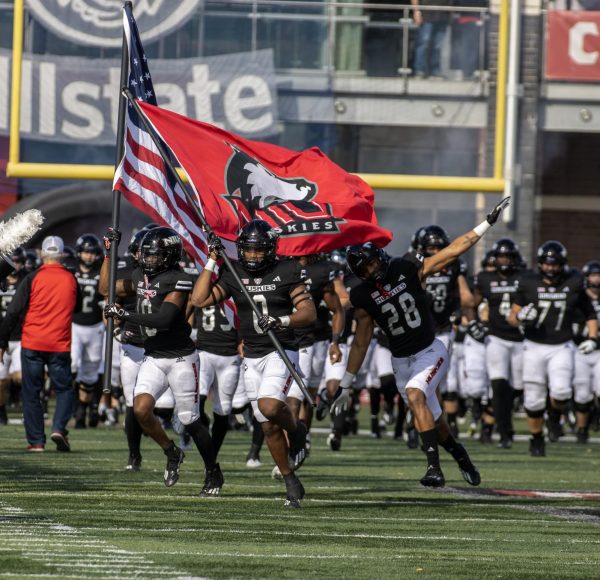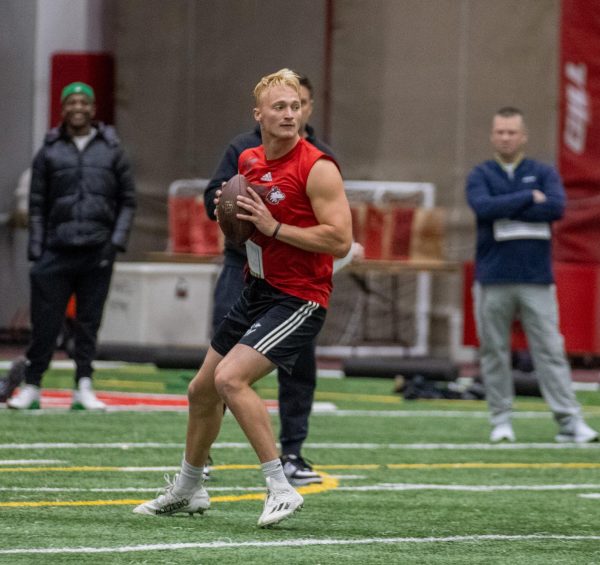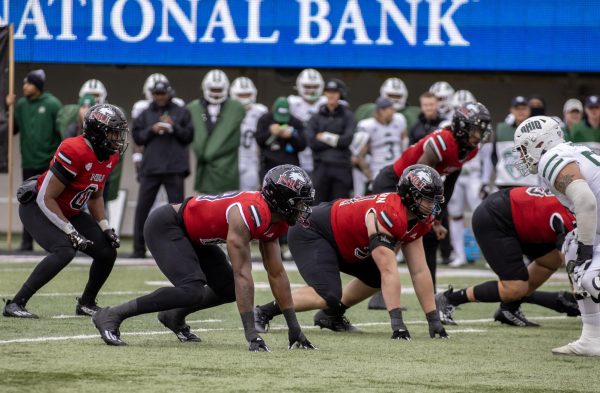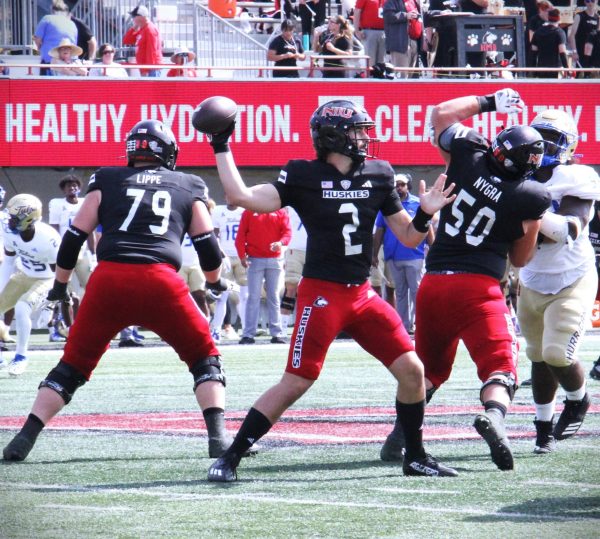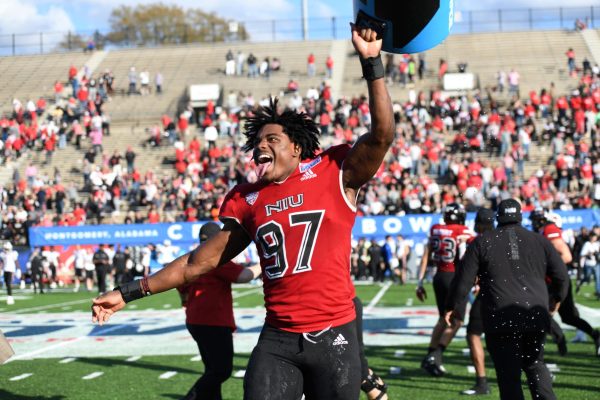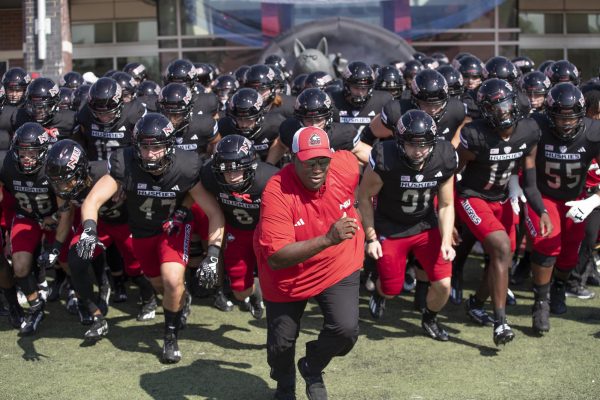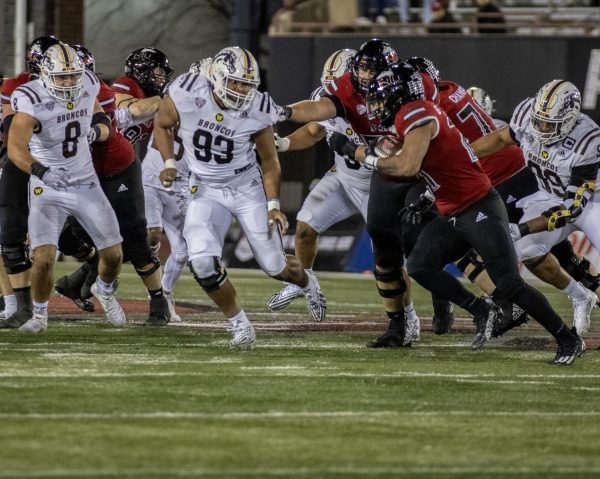Coaches respond to legislation
January 16, 1987
New legislation has been passed by NCAA athletic directors and presidents regarding the regulation of basketball and football recruiting.
The new rules reduce the length of the recruiting season and the number of scholarships available.
In men’s and women’s basketball, the recriuting season has been cut from nine to four months, and the available scholarships have been cut from 15 to 13.
eaction from college basketball coaches has been mixed. NIU men’s basketball coach Jim Rosborough said the reduction of the recruiting season gives his program an advantage.
“The cutting of the recruiting period is ideal for NIU,” he said. “We’re right in the hotbed of high school talent, being around Chicago, the Quad Cities and Rockford. Hey, cut it down to two weeks, we’re fine.”
Women’s basketball coach Jane Albright said she isn’t necessarily for the new rule, but does understand why it was changed.
“I like recruiting. We (Albright and her staff) had spent a lot more time recruiting than that four months before,” she said. “I understand that rule, though. It will save a lot of money and bring equality to college programs.”
Both hoop coaches said they were displeased in the scholarship cuts.
“You may not always need the 15 scholarships, but you should be given that option,” said Rosborough. “Now if you have an injury or two and somebody gets sick, you almost can’t even practice. Football can go four teams deep. Now we can’t even go three deep.”
“I do not like the 13 scholarship rule,” said Albright. “We have never used the maximum 15, but we were on a plan where we would use it in two years. This rule eliminates any gambling on a recruit you think you could help improve.”
Albright also mentioned she doesn’t think the scholarship ruling will save schools that much money.
“I don’t think that taking away four (basketball) scholarships from a major institution is going to bring back a big chunk of money to the school’s pockets,” she said.
osborough and Albright were both in favor of the regulation forbidding boosters from recruiting.
“I think that’s a great rule,” said Albright. “It’s a rule which has the high school senior in mind.”
“We have good boosters, but we want the kids to come to this school on the basis of its academic reputation and because he likes the coach, his staff and the coaching style,” said Rosborough.”
Each coach mentioned their displeasure in two other changes.
One regulation limits the amount of members on a coaching staff to five. Rosborough presently has a staff of six, including himself, which puts him one over the limit.
“The point there is that it’s hurting the kids,” said Rosborough. “They’re eliminating the part-time guy, the coaches right-hand man. Much of the time that coach deals with academics.”
When the rule takes affect Aug. 1, if not rescinded at the President’s Convention in June, Rosborough will have to deal with letting one of his assistants go.
Albright does not have the same problem because she employs a staff of four. She said she is more upset by the regulation which allows a coach to visit a prospect only four times in the process of recruiting.
“We liked visiting our recruits a lot to show them that we are really interested,” she said. “We went to watch both (Huskie freshmen) Lisa Foss and Tammy Hinchee play about 15 or 16 times. Now we can only visit recruits four times.”
Albright and Rosborough both agreed the legislation would save schools a little money. However, both said they thought the amount of money saved would be insignificant.
“I’m going to guess that in the final analysis these moves may not save that much money,” said Rosborough.


